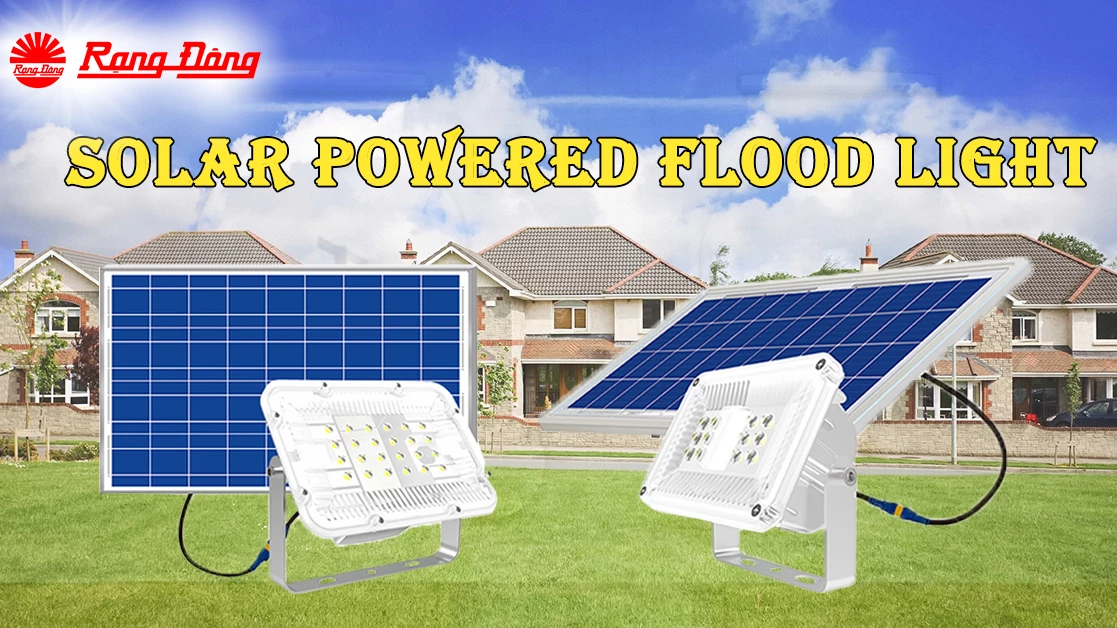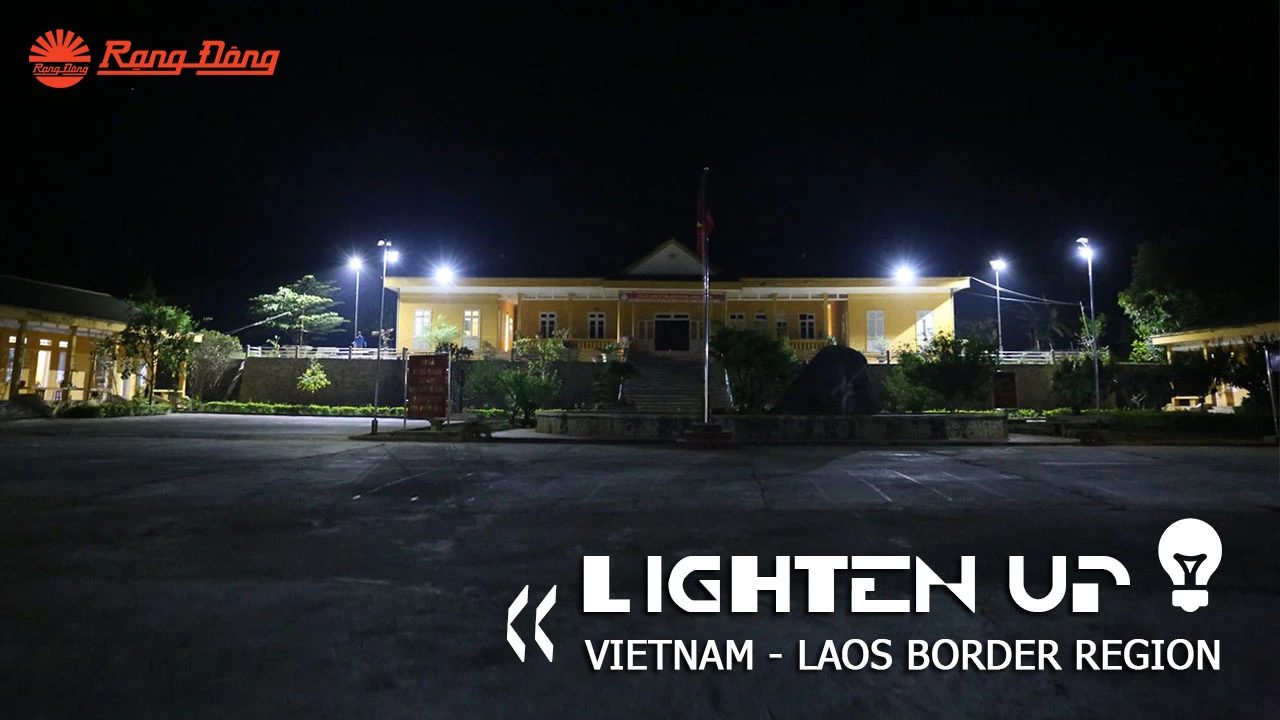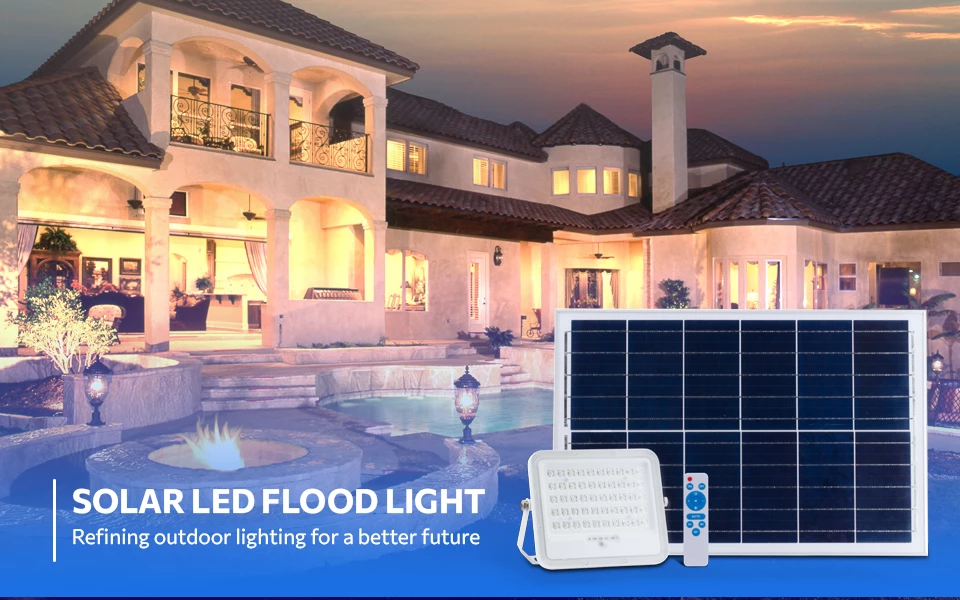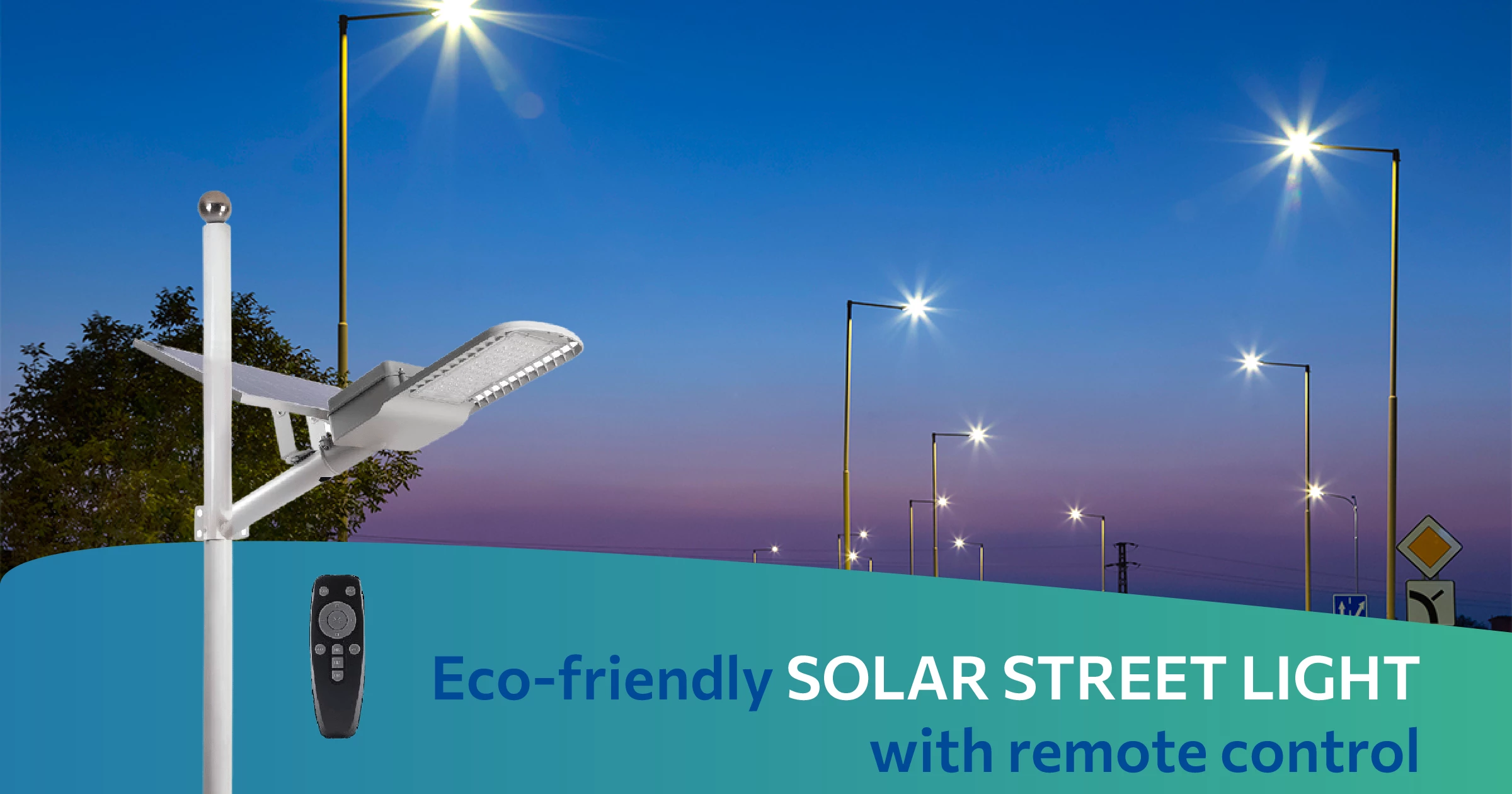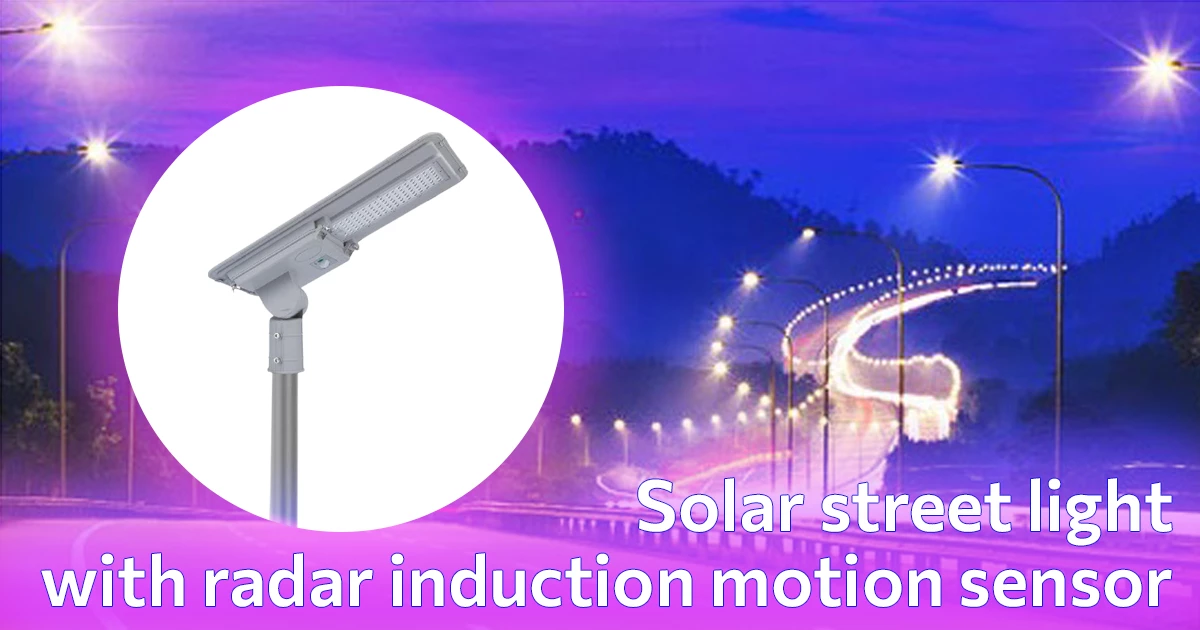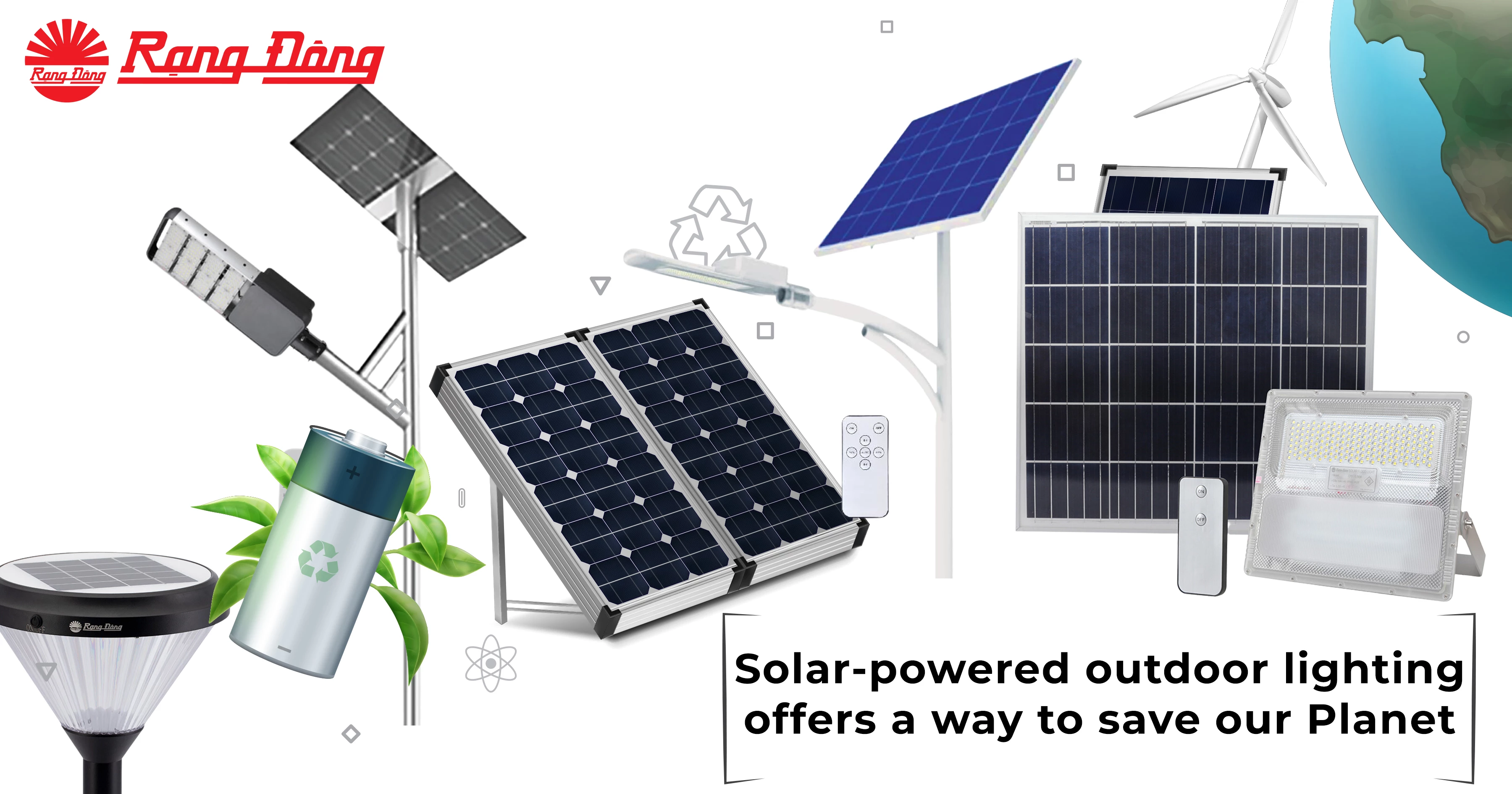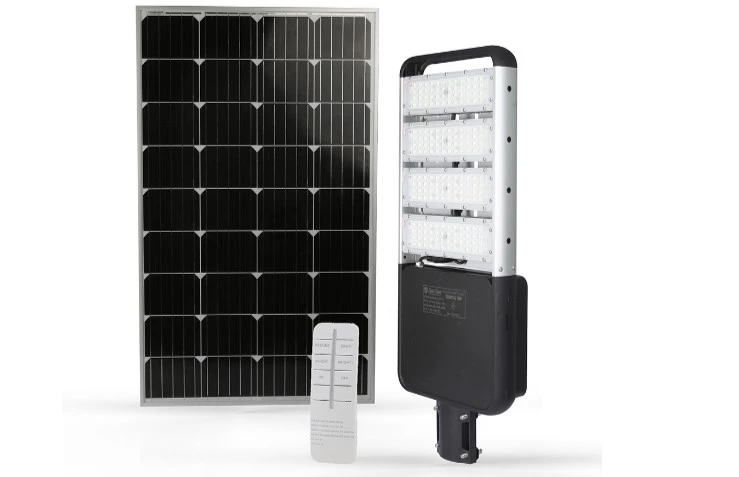
Things to consider before investing in solar lights
An eco-friendly lighting option, solar lights can be used where access to electricity grid is limited or absent. Powered by sunlight, the lights offered in various forms can reduce environmental impact while requiring minimal infrastructure needs. Let's check out their operation mechanism, benefits and also some tips on selecting the right solar lights to meet the investor's demand.
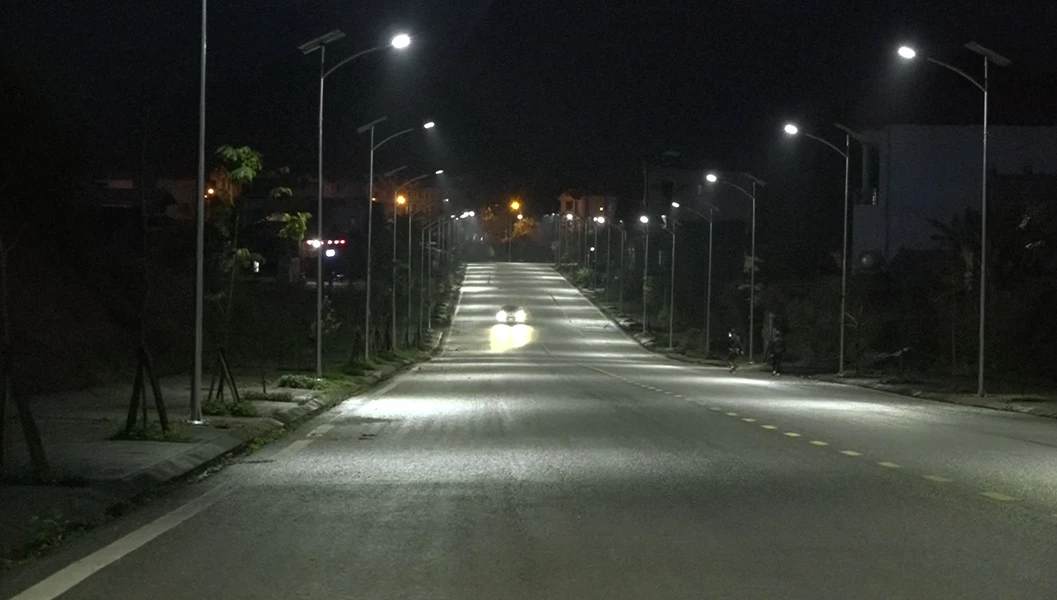 Definition
Definition
Solar lights, also known as solar lamps or solar street lights, are lighting devices powered by solar energy. Instead of using electricity or conventional batteries, solar energy is converted into electrical energy through solar panels. The energy is kept in batteries or energy storage systems for use when needed, especially at night or in low-light conditions.
Benefits
Solar lights are used for street lighting, public areas, gardens, landscapes, and locations where electricity grid is absent or where there is a desire to minimize energy use from conventional sources.
They offer energy savings, environmental protection, and reduced costs for electrical infrastructure installation, with no electrical wiring required and zero electricity costs when using this solution.
Types of solar lights
There are various types of solar lights designed to meet diverse needs and usage conditions, including:
Solar Street Lights: Used for illuminating streets and public areas. The lights typically have high power output and are integrated with automatic sensors.
Solar Flood Lights: Used for illuminating large areas, providing long-distance lighting or highlights in landscape spaces like gardens, front yards, parks, sports fields, construction sites, or any location requiring strong light.
Solar Landscape Lights: Used for landscape areas, gardens, or pathways within residential compounds, homestays, offering both decorative and functional lighting. The lights are compact and aesthetically designed.
Solar Table Lights: Used for indoor or outdoor lighting, these lights are small in size and easily portable, making them ideal for camping, traveling, picnics, etc.
Solar Heaters: Used for providing warmth in homes or outdoor areas like gardens, swimming pools, front yards.
Indoor Solar Lights: Used for indoor lighting, providing a light source during power outages.
These lights come with various features and applications, depending on the specific usage needs of the consumer.
Applications
Solar lights consist of several parts with different functions to convert solar energy into electrical energy and provide illumination:
Solar Panels (Solar Cells): Sunlight hits the solar panels, which convert it into electrical energy.
Energy Storage Units (Batteries or Accumulators): Store the electrical energy from the solar panels for use when there is no sunlight, like at night or on cloudy days.
Controllers and Electronic Circuits: Protect the batteries and ensure optimal performance, including sensors for light and motion control to operate the lights as needed.
LED Bulbs: Provide illumination when activated by the energy from the solar panels.
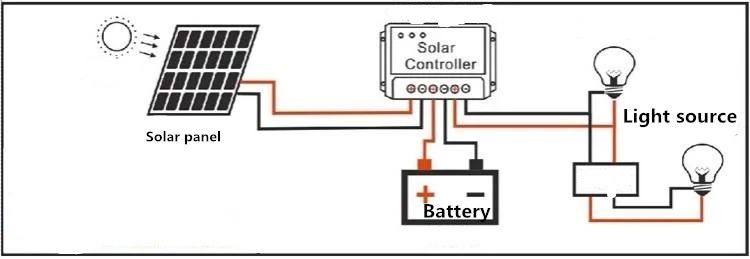
Advantages of solar lights include environment protection and easy installation, with no electrical wiring and zero electricity costs, while the lights are energy-saving.
They are widely used in a range of fields such as street lighting, village lanes, landscape lighting, garden lighting, parking areas, warehouse areas, playgrounds, remote islands, mountainous regions as well as places that need lighting while the electricity grid is not available.
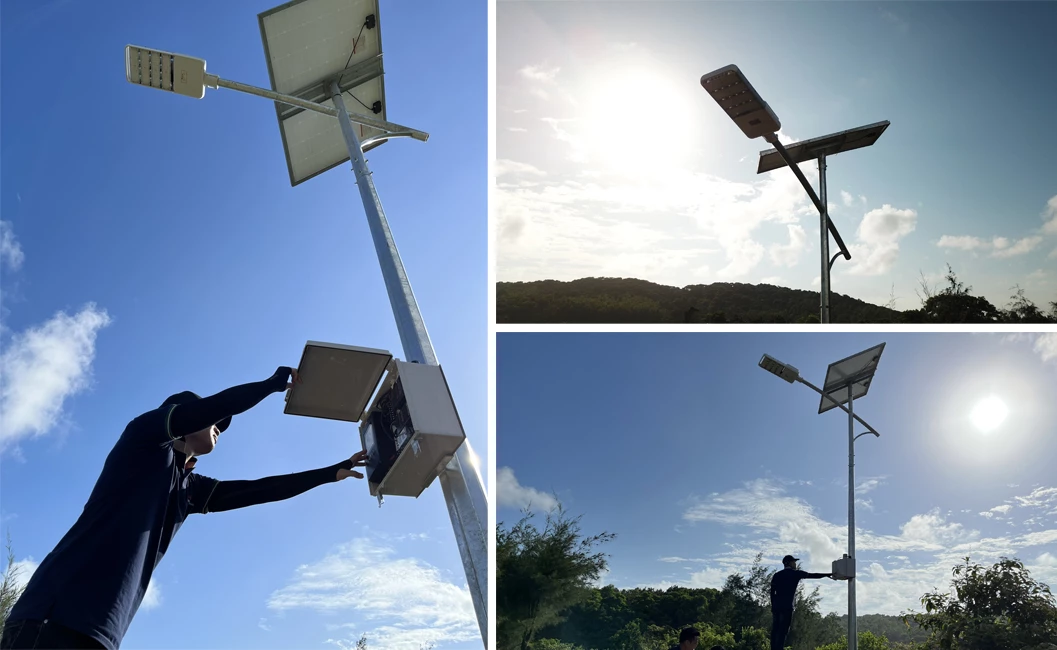 Cost of solar lights
Cost of solar lights
The price of solar lights varies widely, depending on factors such as brand, product type, quality, power, features, sales channels, promotional offers, and seasonality.
Prices can range between US$20-200 per unit.
Tips on choosing solar lights
When selecting solar lights, we should consider the following important factors in order to choose the right product.
Purpose of the lights, power output (for street lighting, garden lighting, or indoor areas);
Lighting duration, type of lights, battery quality, operating modes, brand, price, warranty policy and the selling locations for convenient shopping.
Should you have any questions or request a quotation of Rang Dong products, please send us an email to: export@rangdong.com.vn.
Websites: en.rangdong.com.vn and vacuumflask.rangdong.com.vn



